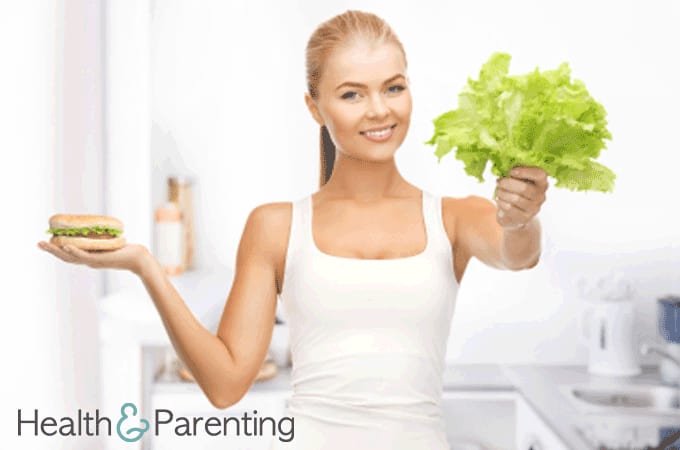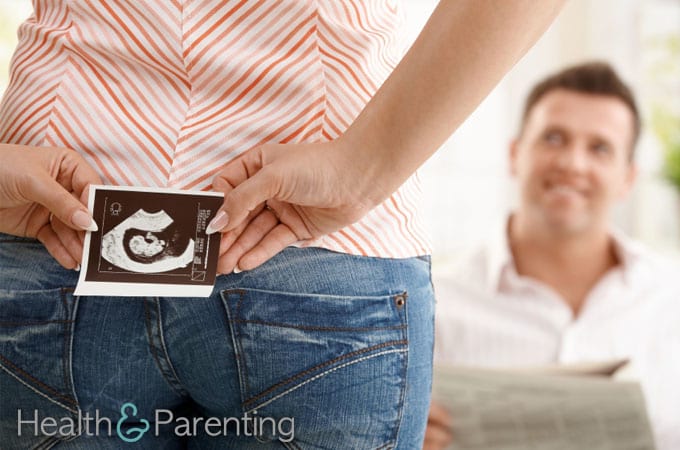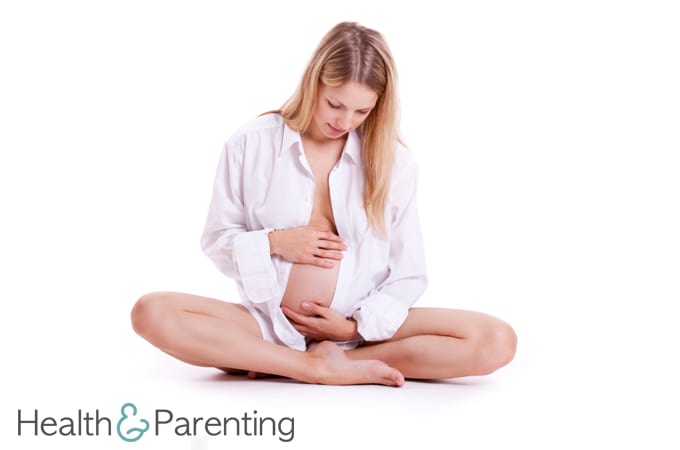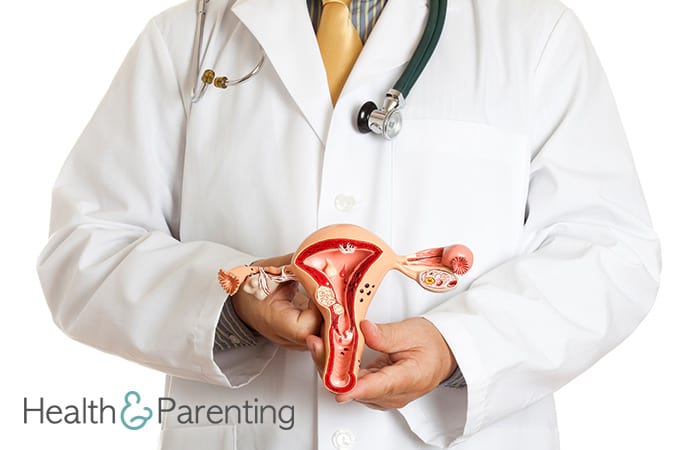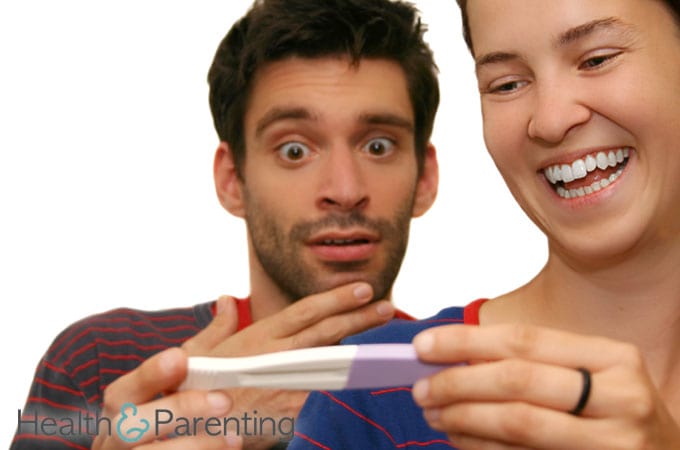If you’re pregnant and vegan, you may have noticed people taking an increased interest in your diet. From assuming you’ll have to start eating meat, to obsessing over your calcium intake, chances are at least a couple of relatives are bombarding you with questions about your diet.
A healthy pregnancy
It’s important to eat a healthy, balanced diet during pregnancy, and – you probably already know this – a typical vegan diet is just that. If you eat a balanced mix of fruits, vegetables, grains, nuts, seeds and lentils, you may even be outdoing your meat-eating counterparts in the vitamins and nutrients stakes.
Important vitamins
Vitamin B12 is found in animal sources, so vegans need to be sure they’re getting enough B12 in their diet, and this is particularly important during pregnancy. Fortified soya products and cereals are a great way to incorporate B vitamins into your diet.
You must also ensure you are getting enough vitamin D. Your body can make vitamin D when exposed to sunlight, so you must try to spend at least 15 minutes exposed to the sun each day. It may also be possible to add vitamin D to your diet using supplements, although it’s important to ensure the supplements are suitable for vegans first. Some supplements use vitamin D from animal sources.
Pregnant women require extra iron to meet the needs of the developing baby. For this reason, it’s important to ensure you are consuming enough iron. Baked beans, nuts and whole grains are all good sources of dietary iron. Consuming vitamin C with iron can improve your body’s intake of iron, so try to drink orange juice or eat an orange with each high-iron meal.
There are certain keywords that seem to get thrown at vegans on a regular basis, and calcium is a popular one. Luckily, there is plenty of calcium available from plant sources including green leafy vegetables, pulses and fortified soya products.
The need to supplement
Experts recommend that all pregnant women (vegan or not) take folic acid supplements during early pregnancy. There are a number of prenatal supplements available that are specially designed for vegan mums-to-be. Not only do these supplements contain folic acid, but they are also packed with B12 and other vitamins important for growing a healthy baby. Folate can also be found naturally in dark green leafy vegetables, dried beans and legumes and citrus fruits and juices. Many other foods are now fortified with folic acid, as well.
Expert advice
If you feel worried about your weight gain or vitamin intake during pregnancy, speak to your healthcare provider or to a registered dietician. A vegan diet is more than adequate to meet the needs of a growing baby. Eating a balanced diet rich in fresh fruit and veg, taking a vegan prenatal supplement and keeping up-to-date on the latest expert advice can help you to eat a healthy prenatal vegan diet.
Are you following a vegan diet during pregnancy, and have you faced any opposition from friends and family?
Written by Fiona (@Fiona_Peacock), mother, writer and lover of all things baby related.
This information is not intended to replace the advice of a trained medical doctor. Health & Parenting Ltd disclaims any liability for the decisions you make based on this information, which is provided to you on a general information basis only and not as a substitute for personalized medical advice. All contents copyright © Health & Parenting Ltd 2018. All rights reserved.

